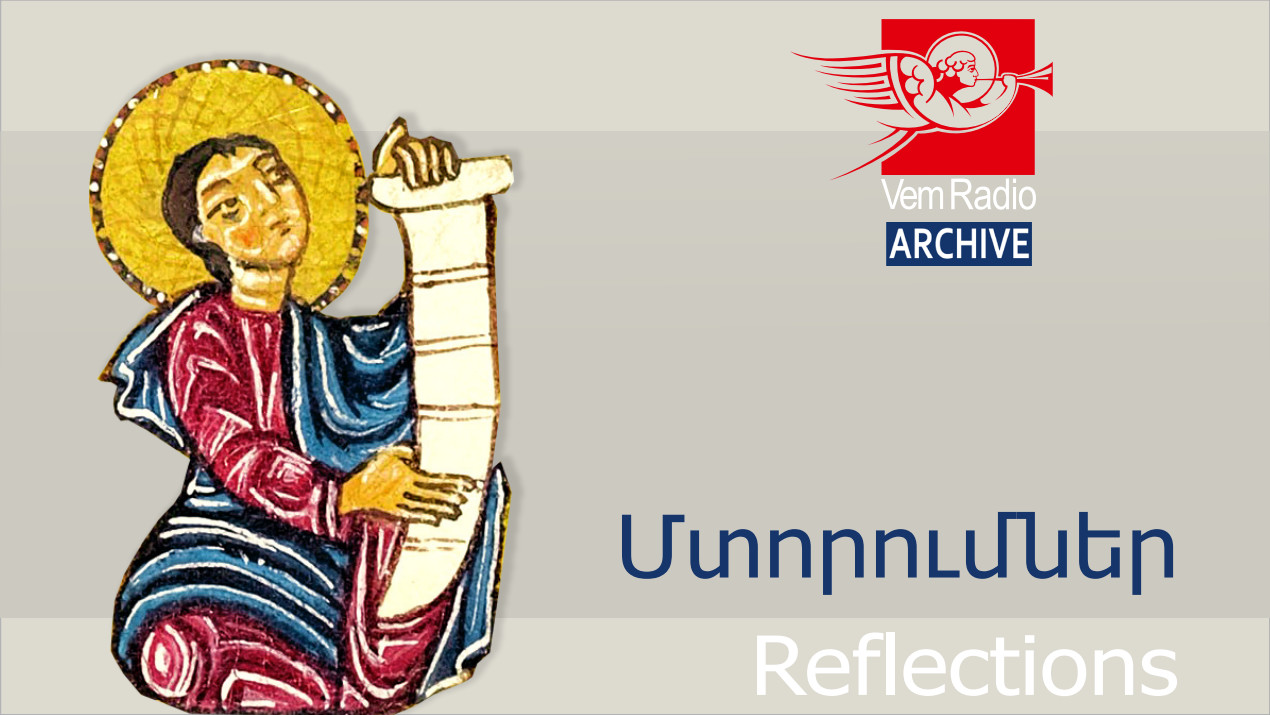

Reflections
Very often in our everyday life we, consciously or unconsciously, use ideas and expressions which are biblical, but do we know the meaning and significance of these invaluable words? Aren’t we using them inappropriately, out of place? The show “Reflections” touches upon these issues.